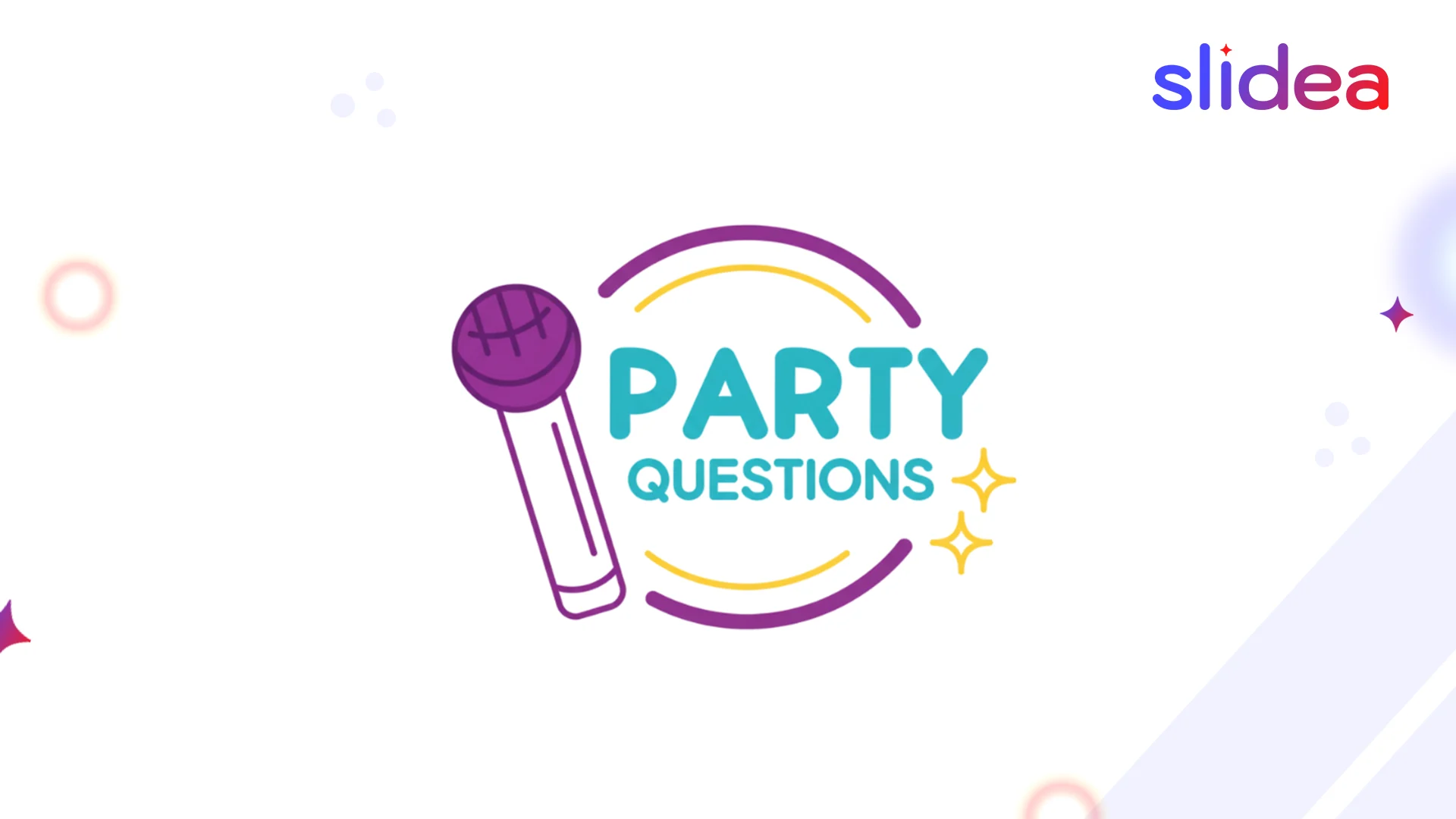“Should homework be banned?” “Is pizza better than burgers?”
Debate questions like these don’t just spark laughter, they build confidence, critical thinking, and communication skills in young minds.
Fun debates are a great way to help kids and teens express opinions, think on their feet, and see both sides of an issue. And when you present these questions using interactive debate tools designed for the classroom, like real-time polls and live Q&A, the entire experience becomes more dynamic and inclusive.
In this blog, you’ll find a list of lighthearted yet thought-provoking debate topics, tips to keep the conversation flowing, and smart ways to make each session more engaging.
What is a Debate?
A debate is a structured discussion where people take sides on a topic. One side agrees (for) and the other disagrees (against). Each person shares their opinion, gives reasons, and listens to others.
What Are the Most Essential Things in a Debate?
- Clear topic – Easy to understand for everyone
- Two sides – For and Against
- Time limit – So each person gets a chance to speak
- Respectful talk – No interrupting or arguing rudely
- Strong points – Use simple facts or examples
Why Debates Are Good for Kids and Beginners
- Improves speaking and listening skills
- Builds confidence to speak in front of others
- Teaches respect for different opinions
- Help with quick thinking and organizing ideas
- Make learning fun and interactive
How to Make Debates Fun and Easy
- Start with silly or playful topics
- Give everyone a chance to speak (even if they are shy!)
- Use a timer or a buzzer to keep things fair
- Let kids choose their own side
- Keep score just for fun, not to judge
Best Fun Debate Topics for Kids
Everyday Fun Topics
- Should kids wear uniforms to school?
- Is homework really necessary?
- Should we have school on Saturdays?
- Are books better than cartoons?
- Should school start later?
Food & Snacks
- Is pizza better than burgers?
- Should ice cream be allowed every day?
- Are fruits more fun than candy?
- Is chocolate a healthy food?
- Should kids cook their own meals?
Animals & Nature
- Should pets be allowed in school?
- Are cats better than dogs?
- Should animals wear clothes?
- Should zoos exist?
- Can plants be pets?
Tech & Gadgets
- Is TV better than YouTube?
- Should kids have phones before age 10?
- Are video games good for learning?
- Is reading on screen better than books?
- Should robots teach in schools?
School & Rules
- Should recess be longer?
- Should students grade their teachers?
- Should chewing gum be allowed?
- Should we ban exams?
- Are field trips more useful than classes?
Fantasy & Fun
- Should superheroes go to school?
- Is time travel real?
- Would you rather live on the moon or underwater?
- Should kids rule the world for a day?
- Are unicorns cooler than dragons?
Debate Topics for Teens (Ages 13+)
- Should social media be banned for kids?
- Is online school better than in-person?
- Can money buy happiness?
- Are smartphones making us lazy?
- Should uniforms be banned?
- Should grades decide your future?
- Is AI good or bad?
- Is climate change real?
- Should we ban junk food in school?
- Should students choose what they learn?
Interactive Slide Types for Hosting Fun Debates with Slidea
1. This or That Slide
Let students instantly choose a side and watch team splits happen live!
Example:
- “Burgers or Tacos?”
- “Books or Movies?”
2. Poll Slide
Used to warm up the room or let the group pick a side.
Example:
- “Which topic should we debate today?”
Options: School uniforms / Social media / Summer vacation
3. Open-Ended Slide
Great for gathering short arguments or personal opinions before, during, or after the debate.
Example:
- “Give one reason why video games are helpful or harmful.”
- “What’s your best argument for team ‘No Homework’?”
4. Q&A Slide
Encourage live questions from the audience to keep debates sharp and interactive.
Example:
- “Drop your debate questions here!”
5. Ranking Slide
Perfect for ranking arguments, solutions, or future topics based on popularity or strength.
Example:
- “Rank these screen time solutions from best to worst.”
Options: More outdoor time / Parental lock / Reading / Hobby hour
6. Truth or Lie Slide
Throw in a fun fact or myth related to the debate to test knowledge or break the ice.
Example:
- “Kids who do chores earn better grades – Truth or Lie?”
- “Unicorns were once debated in the British Parliament – Truth or Lie?”
7. Word Cloud Slide
Use for brainstorming, topic selection, or seeing popular opinions in real time.
Example:
- “One word that describes school.”
- “What comes to mind when you hear the word ‘debate’?”
Final Thought
Debates are not just about arguing, they’re about learning, sharing, and having fun. With the right topics and tools like Slidea, you can turn any classroom or gathering into a joyful learning experience. Let kids speak up, laugh loud, and grow together.
FAQs
Q1: Are debates suitable for kids?
Yes! They build soft skills like speaking, listening, and thinking logically in a fun way.
Q2: How do I pick a good debate topic?
Choose topics that are simple, funny, and related to daily life. Avoid serious or sensitive issues.
Q3: What age is good to start debating?
Kids as young as 6 can enjoy basic debates if the topic is playful and age-appropriate.
Q4: Can I use Slidea for debates?
Yes! Slidea’s interactive slides help make debates engaging and easy to follow.
Q5: Should debates always have a winner?
No need! For kids, the goal is to express ideas, not to win.




Leave a Comment
Your email address will not be published. Required fields are marked *